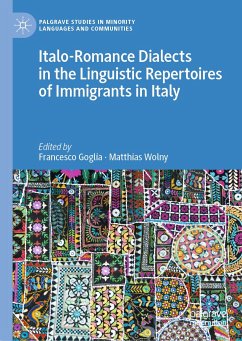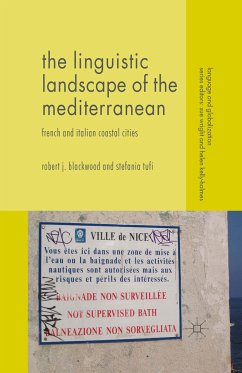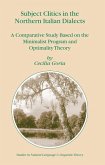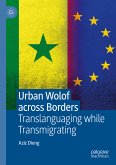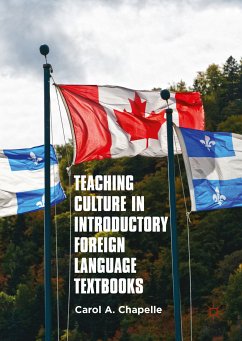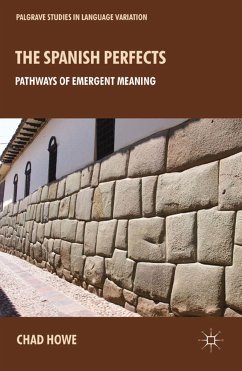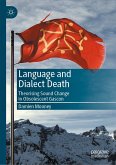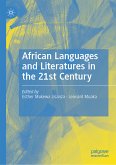This edited book brings together experts on the sociolinguistics of immigration with a focus on the Italo-Romance dialects. Sociolinguistic research on immigrant communities in Italy has widely studied the acquisition and use of Italian as L2 by first-generation immigrants, the maintenance of immigrant languages and code-switching between Italian and the immigrant languages. However, these studies have mostly ignored or neglected to investigate immigrant speakers' use of Italo- Romance dialects, their awareness of the sociolinguistic situation of majority and minority languages, and their attitudes towards them. Given the important role of Italo-Romance dialects in everyday communication and as a marker of regional identity, this book aims to fill this gap and understand more about the role that these languages play in the linguistic repertoire of immigrants. This book will be of interest to students and scholars of sociolinguistics, minority languages, multilingualism, migration, and social anthropology.
Francesco Goglia is Associate Professor of Migration and Multilingualism at the University of Exeter, UK.
Matthias Wolny is a PhD Candidate at the Department of Culture Studies at Tilburg University, The Netherlands.
Dieser Download kann aus rechtlichen Gründen nur mit Rechnungsadresse in A, B, BG, CY, CZ, D, DK, EW, E, FIN, F, GR, HR, H, IRL, I, LT, L, LR, M, NL, PL, P, R, S, SLO, SK ausgeliefert werden.

